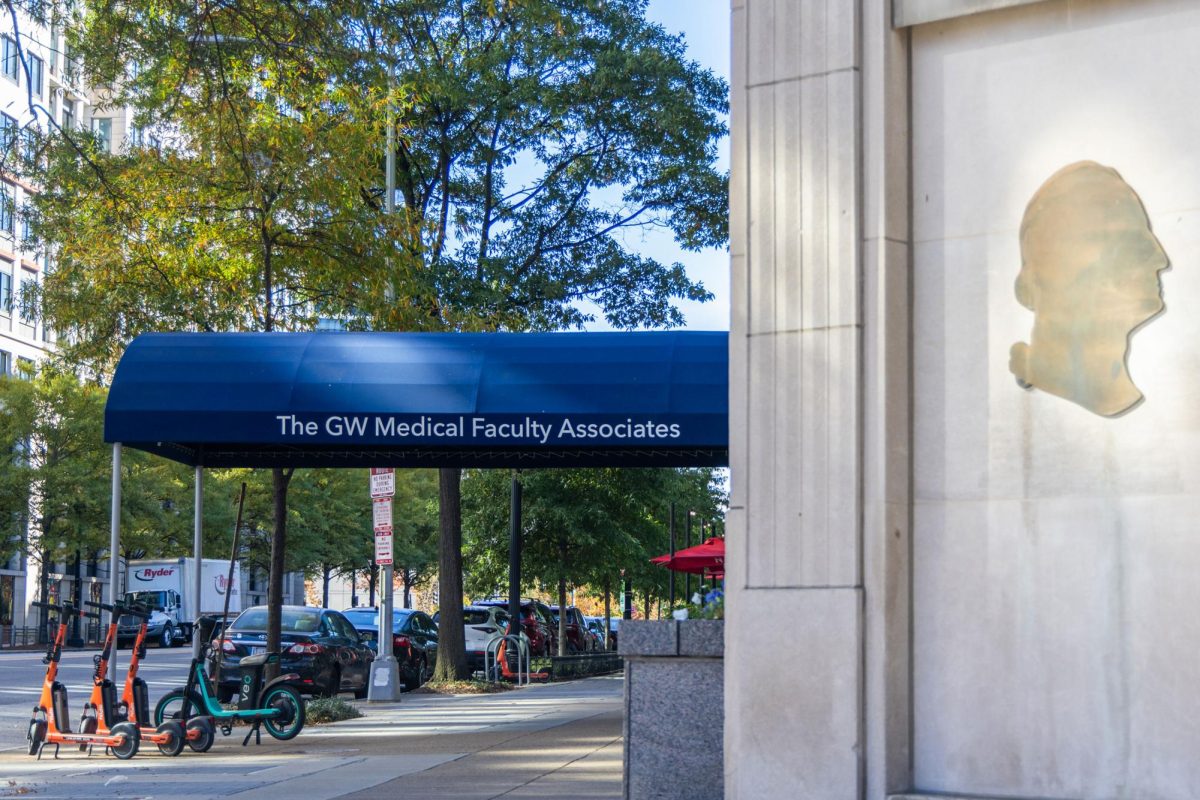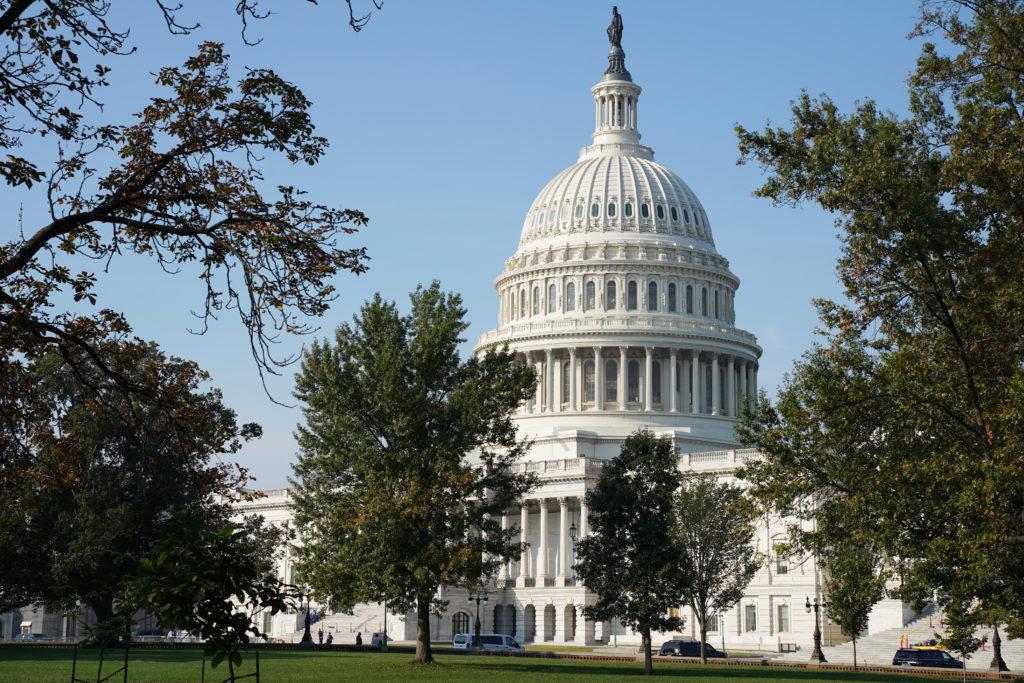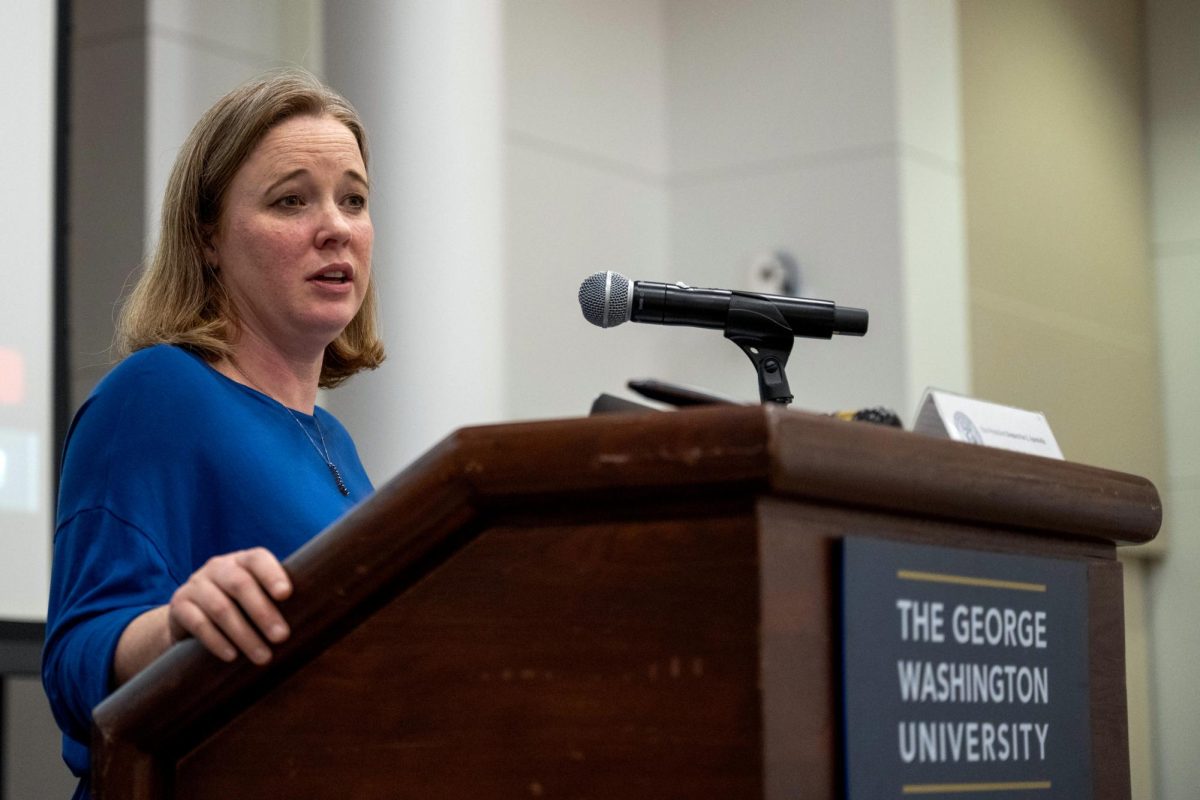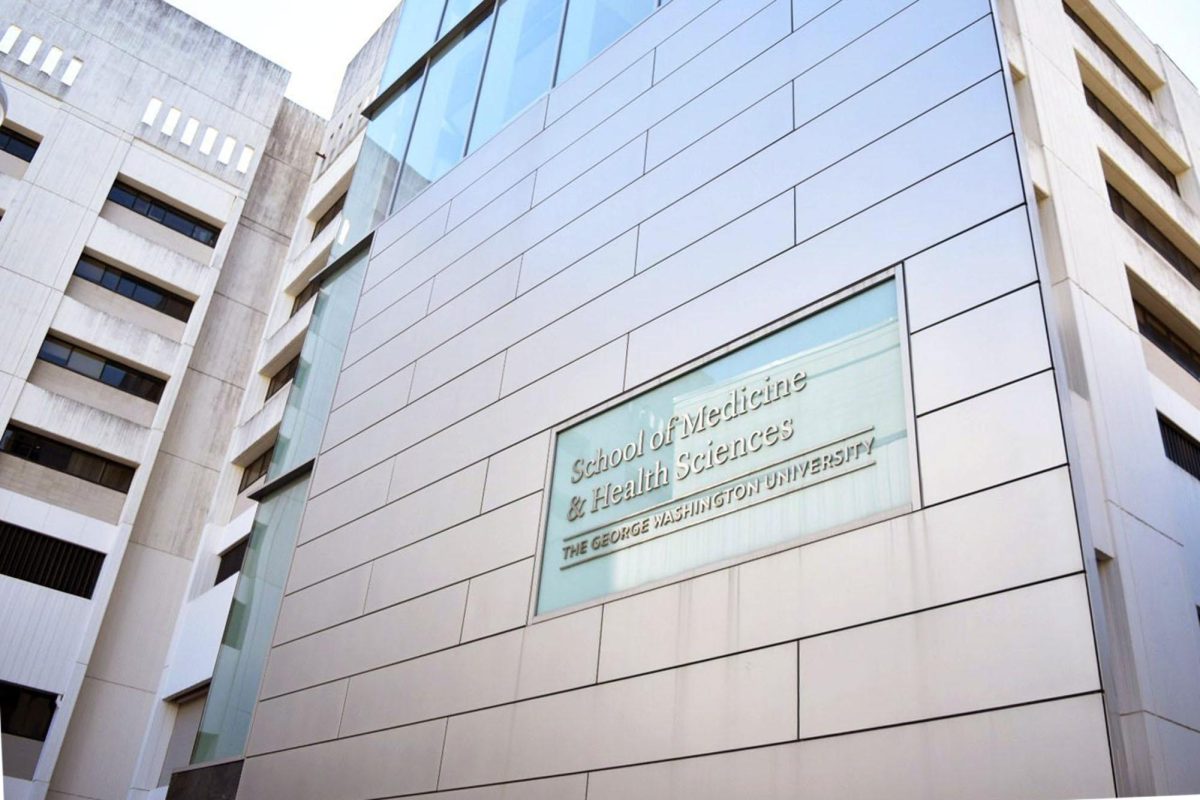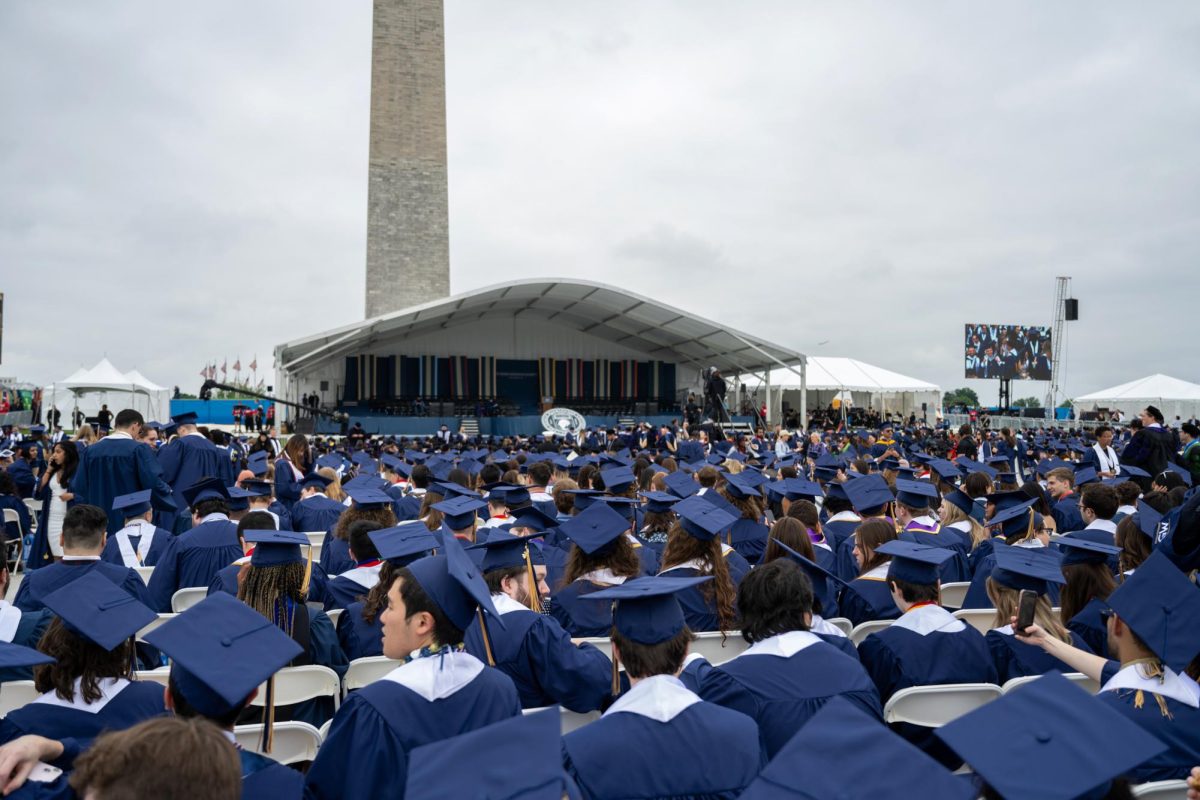Students, faculty and staff returning to campus from countries deeply affected by COVID-19 will be required to “self-isolate” for 14 days away from campus, according to a University release.
University President Thomas LeBlanc said in the release Monday that GW community members returning to the United States from China, Iran, Italy and South Korea will be required to stay off campus for two weeks to ensure the safety of those on campus. He said no member of the University has been found to have the respiratory illness and announced that a task force of public health experts at GW is meeting daily to keep students safe.
“Currently and thankfully, there are no COVID-19 cases with a connection to GW,” he said in the release. “Still, with an increasing number of cases around the world and many confirmed in the United States, I want to assure you that the university is taking all necessary precautions to protect the health and safety of our students, faculty and staff.”
The countries listed in the release are under the Centers for Disease Control and Prevention’s Level 3 risk category, which advises Americans to avoid any nonessential travel to those countries, the release states. LeBlanc said students traveling to international destinations over spring break “should anticipate possible constraints” when reentering the United States to return to campus.
He urged GW community members planning travel outside the United States to check Campus Advisories for up-to-date travel warnings, adding that officials will soon debut a website exclusively to provide COVID-19-related resources.
“Despite even the best efforts to prepare and protect, public health concerns such as COVID-19 present inherent uncertainty,” LeBlanc said in the release. “As conditions evolve, we will provide you with the most comprehensive information and guidance possible and deploy any additional resources necessary.”
COVID-19, a respiratory illness present in dozens of countries around the world, is connected to 93 cases and six deaths in the United States, NPR reported Monday. The most common symptoms of the illness include fever, shortness of breath and a dry cough, and 80 percent of patients experience mild symptoms, according to NPR.
Officials announced in another release Monday that based on the status of COVID-19 worldwide, travel restrictions for “GW-affiliated student travel” are extended to the same four countries until March 31.
Christopher Mores, a professor of global health in the Milken Institute School of Public Health and a member of the University’s COVID-19 task force, said in the release that “the time is now” to practice habits like hand washing and avoiding crowded places to reduce the risk of catching the virus.
Across the University, hand sanitizing stations have been placed in residence halls and other central locations on campus, and shuttles like SafeRide vehicles are being wiped down “frequently,” the release states. Officials have also placed sanitizing wipes in dining areas to allow community members to wipe down surfaces and will soon add them to computer labs, the release states.
“We each have an important role in protecting people in our communities who are vulnerable to severe disease from COVID-19,” Mores said. “You may be in good health, but you could inadvertently transmit COVID-19 to someone who is not. Some people are more at risk for complications from the infection because of underlying health issues. Be intentional, take stock of your behavior and make choices to keep yourself and those around you healthy.”


